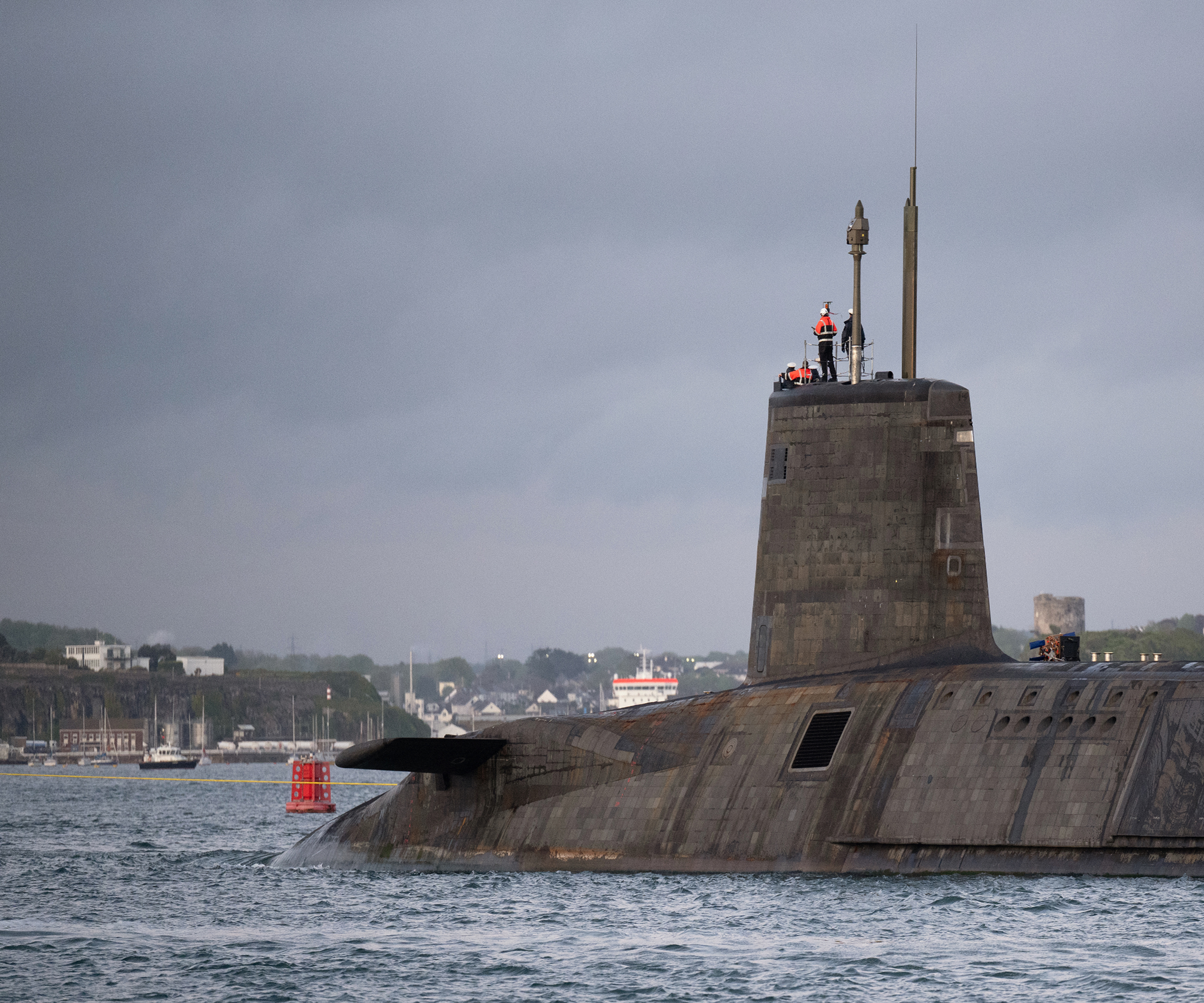The virtual seminar will be held from 12:30 to 2:00 p.m. (E.T.)
Britain is in the midst of a costly decades-long plan, which commenced in 2007, to replace the submarines, missiles and warheads that make up its nuclear arsenal. If successful, it is likely that all these elements will be in place by the late 2040s. Britain, however, is struggling to maintain continuous-at-sea patrols with its current nuclear-armed submarines as it seeks to replace them. A 2024 test firing of a Trident missile from one of these submarines+ failed, the second failure in a row. It also faces uncertainties as it begins work to design and build a new warhead, its first since the end of the Cold War. This talk will discuss the state of the British nuclear weapons program, the factors and decisions that led to the problems its faces, and the actions the government is taking to try and address them. It will reflect on the dependence of Britain’s nuclear weapons on the US and of the role of the Australia-UK-US partnership in shaping the future of the program.
About the speaker: David Cullen is Director of the Nuclear Information Service, an independent, not-for-profit research organization based in Reading, where he is responsible for monitoring developments in the UK weapons programme. He has a background in environmental, social justice and disarmament campaigning and previously worked as a researcher for the International Coalition to Ban Uranium Weapons. He is chair of trustees for the Conflict and Environment Observatory and co-chair of the UK Office for Nuclear Regulation's NGO Forum. This talk will draw on the reports Trouble Ahead: Risks and Rising Costs in the UK Nuclear Weapons Programme (2019) and Extreme circumstances: The UK’s New Nuclear Warhead in Context (2022).
